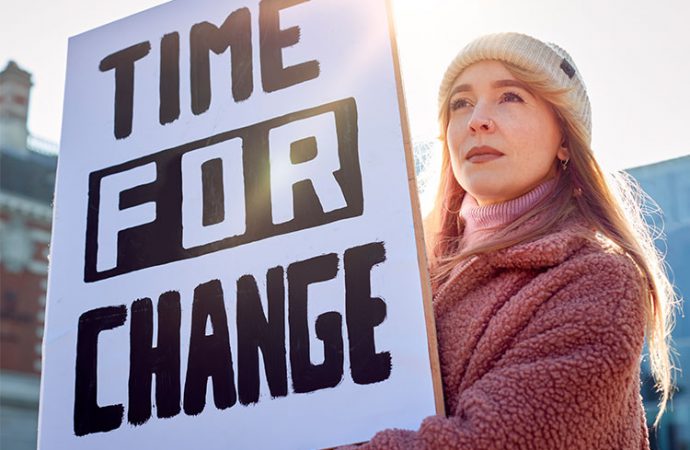Pakistan’s economy has been suffering from political instability. If a country has a stable political system, its economy flourishes. Despite abundant natural resources, the nation still suffers from a significant economic standstill. Countries with low economic growth often see an irregular stream of governments. This argument goes excellent in Pakistan. How political instability leads to
Pakistan’s economy has been suffering from political instability. If a country has a stable political system, its economy flourishes. Despite abundant natural resources, the nation still suffers from a significant economic standstill. Countries with low economic growth often see an irregular stream of governments. This argument goes excellent in Pakistan. How political instability leads to economic insecurity?
Political instability affects developed and emerging nations equally; it is critical for economic growth. Foreign investors withdraw when there is political uncertainty in the country, which ultimately results in slow economic growth. Political unrest can leave the economy extremely vulnerable. A successful economic system requires a stable political environment, which guarantees the rule of law in the nation. The founding principle is that an effective political system can lead to an effective governmental structure. The government is viewed as ineffective if policies are skewed and prone to inconsistency.
The economically impoverished nations with erratic policies and decision-making tend to be politically unstable. Investors seek to invest in safer environments with less political uncertainty because they believe frequent government changes pose a threat to policy. The relationship between political instability and economic growth is described in two different ways. First, political instability impedes growth due to growing uncertainty that discourages private and foreign direct investment. Second, political unrest impacts the demand for production inputs and how money gets spent, which consistently affects economic expansion.
Pakistan’s economic development remained low due to political inequality when considering the terms of the country’s governments from 1999 to 2022. The country’s economy began to develop at a 4.2% rate in 1999, and by the time martial law ended in 2008, the economic growth stood at 1.7%. Political tensions were to blame for this decline in economic growth, as political stability dropped from -1.1% in 2000 to -2.4% in 2008 due to these tensions. In the era of PPP (2008-13), the political unrest grew to 2.6% in 2013 from -2.4% in 2008, and the country had extremely high levels of corruption and slow economic growth.
During the tenure of the successive governments from 2013 to 2018, Pakistan’s economy underwent severe political instability in opposition marches, rallies, and demonstrations. Mainly due to the sit-ins in Islamabad, the nation’s economy suffered unparalleled losses; routes were shut down for trade and commercial activity.
Foreign Direct Investment declined in 2014–15 due to the unsteady political climate brought on by the Panama leaks and PTI’s persistent demonstrations to overthrow the PML-N government. In the 3.5 years that the PTI was in power, from 2018 to 2022, political unrest grew, and opposition political groups began to oppose the PTI government. It was put in a position of managing the nation’s massive foreign loans, inflation, unemployment, and incorrect use of economic resources. The country’s politics then witnessed an alliance of opposition to overthrow the PTI government and establish the PMLN. The factual issue at hand is, would it be possible for Pakistan’s political parties to sign an economic charter?
A national agreement on economic reform known as the Charter of the Economy has been suggested by PM Shehbaz Sharif. Though the concept is novel, it is currently politically impossible. Ensuring the nation’s political and economic stability with long-term growth prospects is more crucial than ever for Pakistan’s federal and provincial governments to move beyond battling and putting out political fires and advance essential reforms for local governance, energy, and agriculture.
To enable national economic managers to focus on the economy, all stakeholders need to recognise the problem and do their share to bring about a sense of political stability. The democratic system should be allowed to function effectively, and stable governance and competent leadership will finally bring the system to equilibrium.
- Does Afghanistan Still Matter in Pak-us Relations? - September 15, 2022
- Political Instability and Economic Insecurity - August 25, 2022
- A Timeline of Pakistan’s Lawfare Challenges - August 17, 2022





















Leave a Comment
Your email address will not be published. Required fields are marked with *